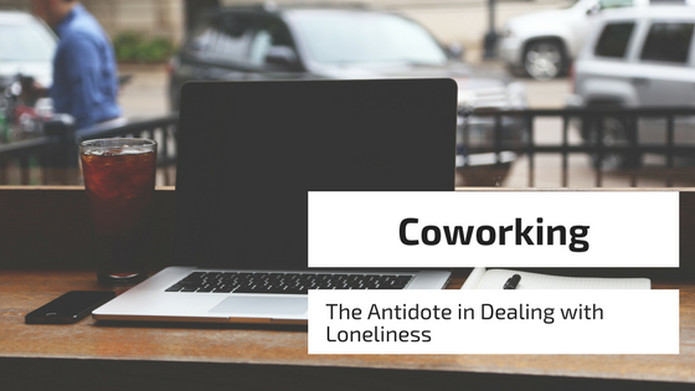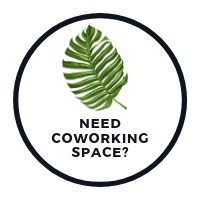|
In a 2016 interview with Fortune, John Capioppo, author of Loneliness: Human Nature and the Need for Social Connection, argued that loneliness has a physical and psychological effect on people's health: "[Loneliness] is bad for your mental health: well-being goes down, depressive symptoms go up, your likelihood of developing mental and affective disorders increases," he said. While this is a known fact, a lot of people are even lonelier in their place of work more than ever. A coworking space can help in stemming the tide of loneliness.
Humans are inherently social creatures who thrive when placed in groups or communities where they feel a sense of belonging. Working within an organization has traditionally been a primary way for people to feel engaged. But with the growing numbers of entrepreneurs and freelancers, that structure has changed. A lot of people are now freelancing, and are enjoying the opportunity and autonomy that independence can bring. This freedom comes at a price, however, as freelancing in isolation can lead to depression, a decrease in productivity, and loneliness. This is where the power of coworking comes into play. Coworking, is also a form of work which involves a shared working environment, often in an office. Unlike your usual office, the people who are coworking are usually not under the employment of the same corporation. Coworking is typically attractive to independent contractors, freelancers, small business owner, digital nomads, or startups who don't want to work in isolation. Coworking seeks to cure this problem of isolation because it is made up of a group of like-minded people coming to work together not because they are bound by employment by an organization, but because they want to share ideas and just coexist. Coworking solves the social interaction problem that face freelancers, consultants, small business owners, and solopreneurs. Ways in which coworking has helped to cure loneliness include social events, client referrals, belonging to a community, and creating a work/life balance. Many coworking spaces host events such as happy hour and lunch and learn, which are great ways to make connections with new members of the coworking space. These events are also ways to build networking connections and meet potential clients. Belonging to a community of similarly minded individuals reminds freelancers that their struggles are shared and together, a group of coworking individuals is like a support system. Also, when people work from home, they have a hard time separating work from life. But when they work in a coworking space, they are able to remove themselves from the work life at the end of the day, creating a health balance. At Treehouse Society, we host happy hours, mixers, and workshops for freelancers and young professionals to learn from each other. A typical work day here doesn't go without work buddies discussing ideas at lounging areas and our kitchen over coffee. Sometimes, the conversation is about the best practices for marketing and others, it's about the best spots near San Francisco. DeskMag asked individuals what had changed for them since they transitioned to coworking. 86% attested to the fact that they felt less lonely, and 92% said it had increased their social circle. A lot of positive physical and mental health benefits are associated with coworking. As a movement, coworking is built to serve the direct need of human interaction, and in doing so, it is eliminating the component of loneliness which used to be a problem for freelancers. This accounts for why it has grown in popularity right alongside the freelancing and entrepreneurial movement. This is why freelancers and entrepreneurs love coworking. Related: Health Benefits of a Coworking Space
1 Comment
7/20/2023 09:04:10 pm
Coworking spaces truly serve as an antidote to loneliness, fostering a vibrant community of professionals and creating a supportive environment for collaboration and connection.
Reply
Leave a Reply. |
Categories
All
|




